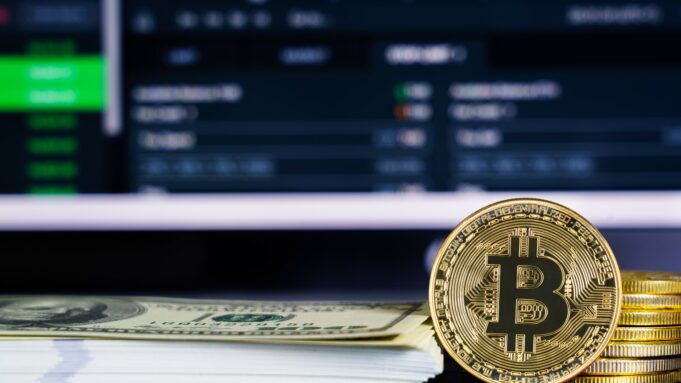Coinbase is one of the most popular and well-known cryptocurrency exchanges in the world. It has gained a reputation as a reliable and secure platform for buying, selling, and storing digital assets. However, like all Bitcoin exchanges, Coinbase transactions carry risks that users need to be aware of. This article will explore the potential risks involved in Coinbase transactions and how users can protect themselves.
The first and most obvious risk associated with Coinbase transactions is the possibility of losing access to your account. Coinbase accounts are protected by passwords and two-factor authentication, but if a user forgets their password or loses their two-factor authentication device, they may be unable to access their account. This can be a serious problem if the account contains a significant amount of cryptocurrency.
To avoid this risk, users should always make sure they have a secure password and keep a backup of their two-factor authentication device. They should also consider using a hardware wallet to store their cryptocurrency, which provides an extra layer of security and reduces the risk of losing access to their funds.
Another risk associated with Coinbase transactions is the possibility of hacking or fraud. Although Coinbase has implemented a range of security measures to protect its users, no system is completely foolproof. Hackers may attempt to steal users’ login credentials or gain access to their accounts through phishing attacks or other means.
To protect themselves from this risk, users should always be vigilant when logging into their Coinbase account and be wary of any emails or messages that ask for their login credentials. They should also enable two-factor authentication and consider using a hardware wallet to store their cryptocurrency.
A related risk is the possibility of Coinbase itself being hacked or experiencing a security breach. In the past, exchanges such as Mt. Gox and Bitfinex have suffered major security breaches that resulted in the loss of millions of dollars’ worth of cryptocurrency. Although Coinbase has not experienced a major breach to date, it is always possible that it could happen in the future.
To protect themselves from this risk, users should keep most of their cryptocurrency in a hardware wallet and only transfer funds to Coinbase when they need to make a trade or other transaction. They should also monitor news and updates from Coinbase to stay informed about any security issues or potential risks.
Another risk associated with Coinbase transactions is the possibility of regulatory intervention. As cryptocurrency becomes more mainstream, governments around the world are starting to take notice and develop regulations to govern its use. Coinbase has already faced regulatory scrutiny in the United States and other countries, and it is possible that more regulations could be introduced in the future.
To protect themselves from this risk, users should be aware of the regulatory environment in their country and make sure they are complying with all applicable laws and regulations. They should also monitor news and updates from Coinbase to stay informed about any regulatory developments that could affect their ability to use the platform.
Finally, there is the risk of market volatility. Bitcoin and other cryptocurrencies are known for their volatility, with prices fluctuating wildly in response to news, events, and other factors. This can be a major risk for users who hold cryptocurrency on Coinbase, as the value of their holdings can change dramatically in a short period of time.
To protect themselves from this risk, users should always monitor the cryptocurrency markets and be prepared to sell or buy as needed. They should also consider diversifying their holdings across different cryptocurrencies and other assets to reduce their exposure to market volatility.
In conclusion, Coinbase transactions carry a range of risks that users need to be aware of. These risks include the possibility of losing access to their account, hacking or fraud, security breaches at Coinbase itself, regulatory intervention, and market volatility. To protect themselves, users should use secure passwords and two-factor authentication, consider using a hardware wallet, monitor news and updates from Coinbase, comply with all applicable laws and regulations, and be prepared to sell or buy as needed.

























